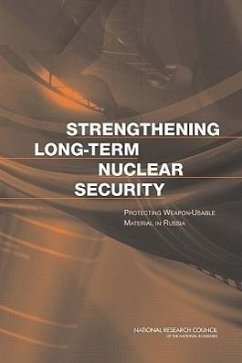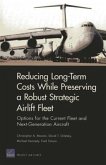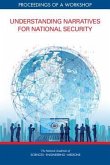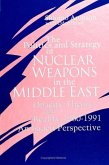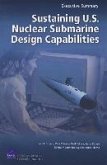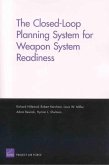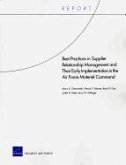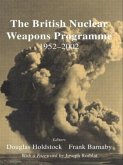In July 2005, the National Academies released the report Strengthening Long-term Nuclear Security: Protecting Weapon-Usable Material in Russia. The report highlighted several obstacles in the transition from a U.S.-Russian cooperative program to a Russian-directed and Russian-funded fully indigenized program that will ensure the security of 600 tons of weapon-usable nuclear material at a level of international acceptability. Overcoming these obstacles requires an increased political commitment at a number of levels of the Russian Government to modern material protection, control, and accounting systems (MPC&A). Adequate resources must be provided to facilities where weapon-usable material is located for upgrading and maintaining MPC&A systems. Additionally, the technical security systems that are being installed through the cooperative program need to be fully embraced by Russian managers and specialists. The report recommends the establishment of a ten-year indigenization fund of about $500 million provided by Russia and its G-8 partners as a new mechanism for gradually shifting the financial burden of MPC&A to the Russian Government.

